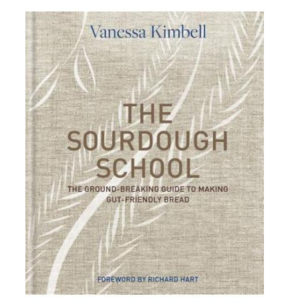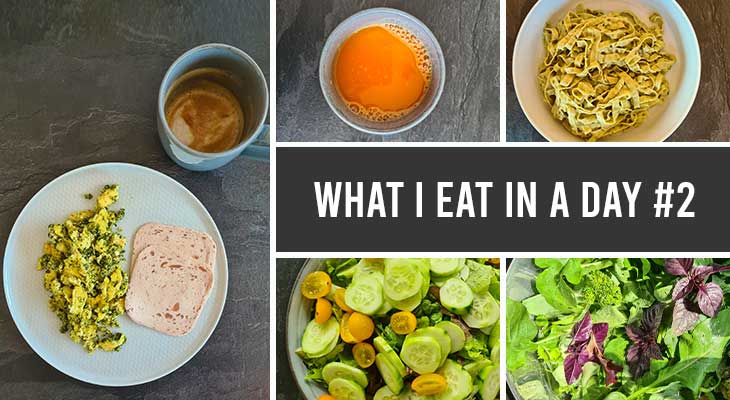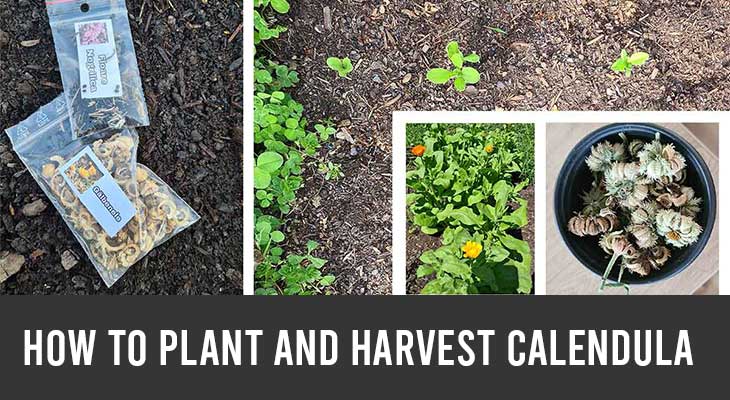What is sourdough and what you need to know before starting | Sourdough Basics
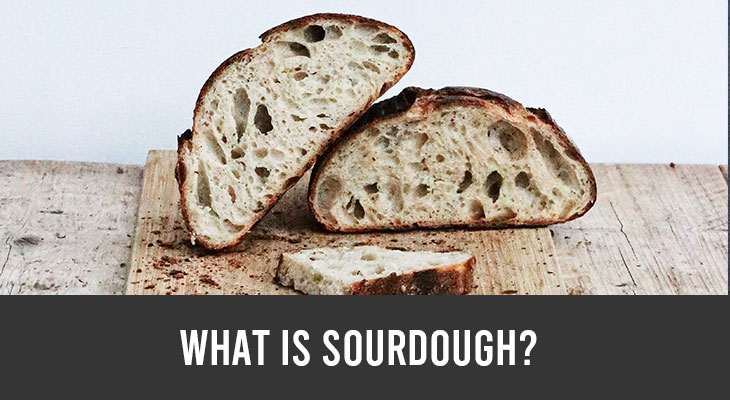
Sourdough bread is an artisanal product. It’s made with whole grains and other ingredients, fermented with a sourdough culture. It has more flavor, texture, and nutrients than conventional yeast-leavened loaves of bread because it undergoes this longer process of fermentation.
In case you want to learn the basics about sourdough bread and discover an easy sourdough starter recipe and step-by-step instructions for making your starter, read on!
Check out the other parts of the Sourdough Basics guide: How to make your own sourdough starter and What is a leaven.
Contents:
- What is sourdough?
- Sourdough benefits
- Grains you can use for sourdough bread
- What is gluten and what is its role in making bread?
- What is the fermentation process that happens when making sourdough?
- Why is sourdough bread better than conventional bread made with yeast?
- Is sourdough bread gluten-free?
- Is sourdough bread ok for people with IBS or on a low FODMAP diet?
- Is sourdough bread so healthy?
What is sourdough?
Sourdough is a type of leaven used to make bread and other doughs, which can then be used for pizza, focaccia, and lots more.
Sourdough bread is a type of bread made with a sourdough starter, which is a mixture of flour and water that has been fermented. The fermentation process makes the dough rise, giving it its unique flavor (it’s also what gives alcoholic beverages their distinct taste).
Sourdough starters are leavens, or agents used to make bread rise. While modern bakers often use commercial yeast packets instead of making their own starter from scratch, many people prefer the taste and texture of bread made with sourdough, including myself!
If you love to cook and the idea of making your own bread from scratch sounds good to you, then you definitely have to try making your own sourdough with a starter – it’s very fun and you’ll feel exactly like a scientist!
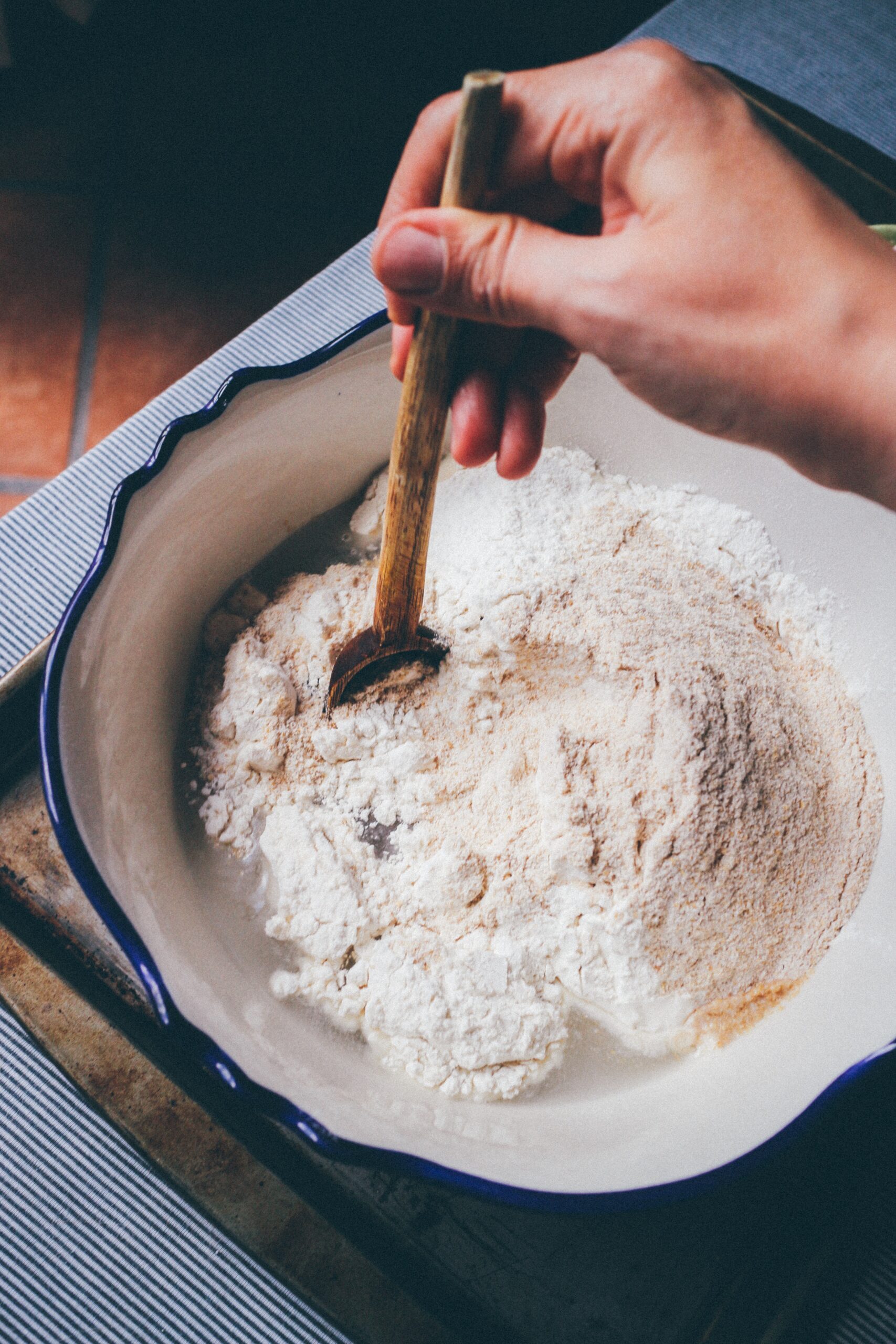
Sourdough bread benefits
What are the benefits of sourdough bread?
- Sourdough is lower in gluten. Gluten is a protein found in wheat, barley, and rye. People with celiac disease or gluten intolerance are unable to digest it properly and may experience bloating, diarrhea, constipation, abdominal pain, and fatigue when consuming foods containing gluten. Sourdough bread contains less gluten than regular bread because of its long fermentation process (which breaks down proteins). Eating sourdough can help you reduce your risk of developing celiac disease or wheat allergies.
- Sourdough contains B vitamins that boost energy levels by helping your body convert carbohydrates into glucose for energy use. It also helps boost immunity by producing antibodies that fight infection. These properties make sourdough ideal for those suffering from fatigue or poor digestion following illness or surgery; they’ll be able to benefit from the increased vitamin content without having to add extra vitamins into their diet through pills!
- Sourdough contains minerals such as iron which plays an important role in carrying oxygen around our bodies – this can help prevent fatigue after exercise as well as maintain good overall health during periods when we don’t get enough restful sleep due to stress.
- Sourdough bread is more digestible than regular bread because it doesn’t contain preservatives which can sometimes cause stomach problems.
In short, sourdough is a great choice if you’re looking for an alternative to white or whole wheat flour products because it has less gluten per serving and gives your body the vitamins and minerals it needs to stay healthy!
Grains you can use for sourdough bread
There is an abundance of grains that can be used for sourdough bread, including:
- barley
- buckwheat
- durum
- einkorn
- emmer
- freekeh
- kamut
- oats
- rivet wheat
- rye
- spelt
- wheat
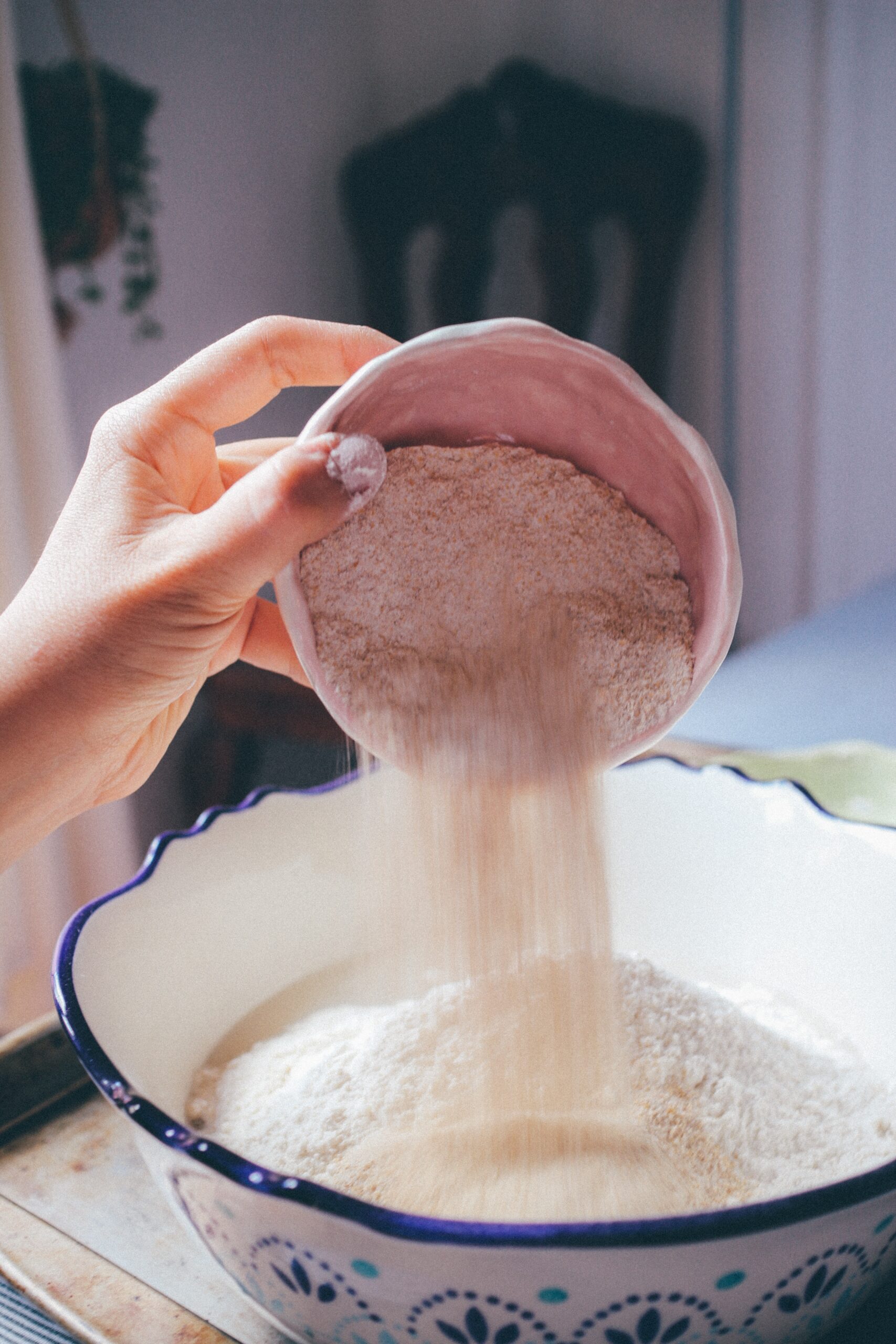
What is gluten and what is its role in making bread?
Gluten is a protein found in wheat, barley, and rye. Gluten is what gives bread its chewiness and helps the dough rise by trapping air bubbles so they expand as the bread bakes. It’s also what causes many people to have food allergies or sensitivities such as celiac disease or non-celiac gluten sensitivity.
Gluten-free flour blends contain different types of proteins that combine to achieve similar results as wheat flour does when it comes to baking.
What is the fermentation process that happens when making sourdough?
Fermentation is the process of converting carbohydrates to alcohol and carbon dioxide. In bread baking, fermentation is crucial for creating a light and fluffy loaf. It’s what gives sourdough its distinct taste, too – and it’s easy to do at home!
Here’s how it works: Yeast cells are added to warm water and flour (called “starter”) and left out overnight so they can grow. Then they get mixed into your batter along with other ingredients like sugar or eggs before you bake them in the oven.
The yeast converts those sugars into CO2 gas bubbles that create air pockets in your bread (which we call “oven spring”), giving you much more room for expansion as the dough warms up during baking. This means that, in the end, you’ll have a fluffy, delicious loaf!
Why is sourdough bread better than conventional bread made with yeast?
It’s considered that sourdough bread is a better choice for your health than conventional yeast-leavened bread.
First of all, it contains more nutrients. Sourdough bread has more nutrients because it’s made from flour that has been fermented by wild yeast and bacteria which means they break down some of the starches and make them more digestible, so you get more out of each slice.
Second, it has less gluten than conventional yeast-leaved bread does because sourdough fermentation breaks down much of it into simpler sugars called maltose (which tastes sweet). In addition to this, sourdough fermentation also produces polysaccharides called glucoamylases which are thought to prevent intestinal damage caused by eating foods containing gluten such as wheat products (which are commonly used in making commercial yeast-leavened baked goods).
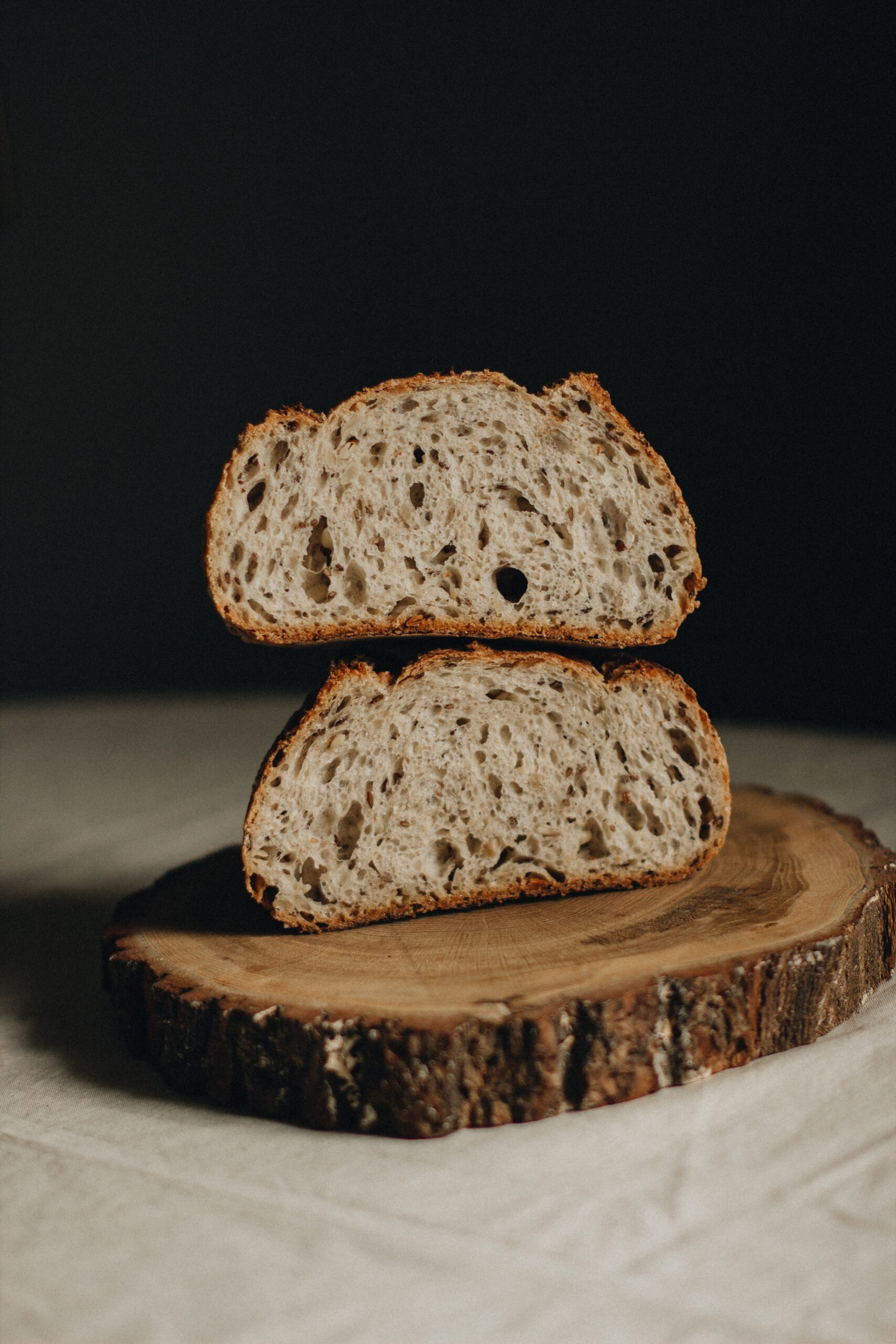
Is sourdough bread gluten-free?
Is sourdough starter gluten-free? If you’ve been diagnosed with celiac disease or a wheat allergy, sourdough bread is a great option for you, especially if the starter is made with gluten-free flour, which is definitely possible! Even with wheat-based sourdough starters, the gluten will be broken down by the fermentation process, although not completely.
Even if you don’t have celiac disease or NCGS, gluten can still cause problems in some people! It’s hard to avoid gluten altogether—it’s found in foods like bread, cereals, and pasta. So if you want an alternative that won’t cause an allergic reaction then sourdough might be worth trying. Even better, sourdough has more protein, which makes it great for vegetarians too!
Is sourdough bread ok for people with IBS or on a low FODMAP diet?
Sourdough bread is a great choice for those following a low FODMAP diet. It contains no added sugars or preservatives, making it a healthy and all-natural option. Sourdough bread is also naturally low in gluten, which makes it suitable for those with coeliac disease or gluten intolerance.
Moreover, one slice of sourdough bread contains a bit less than one gram of fiber, which contributes to good digestive health and can help prevent constipation – which is excellent news for people suffering from IBS.
Sourdough bread is high in several important vitamins and minerals that promote good health. For example, 1 slice provides 45% of the recommended daily intake of calcium—a nutrient essential for strong bones and teeth. Sourdough also contains vitamin B6; this helps convert food into energy!
Is sourdough bread so healthy?
So, is this beloved sourdough bread really so healthy?
Except for all the amazing sourdough benefits I mentioned above, it’s true: the fermentation process improves the nutritional value of the finished product.
Moreover, sourdough starter contains beneficial microbes called lactobacilli and yeast spores (which are technically fungi), which help break down carbohydrates into lactic acid and alcohol. This lowers the pH of your loaf—and a lower pH means more enzymes survive!
These enzymes are responsible for helping you digest starches and grains that would otherwise be indigestible. Sourdough also has a higher vitamin content than regular bread due to its long fermentation time.
Recommended sourdough books for beginners
My go-to book for everything sourdough is ‘The sourdough school’ by Vanessa Kimbell. This book contains all the essential knowledge you’ll ever need on the subject, including how to choose the best jar for a sourdough starter, what to do if your sourdough starter’s not rising and some of the best sourdough starter uses!
This is, in fact, the book that made me fall in love with sourdough and artisan baking!
If you make this, please leave a review and rating if you liked this recipe! ★★★★★

